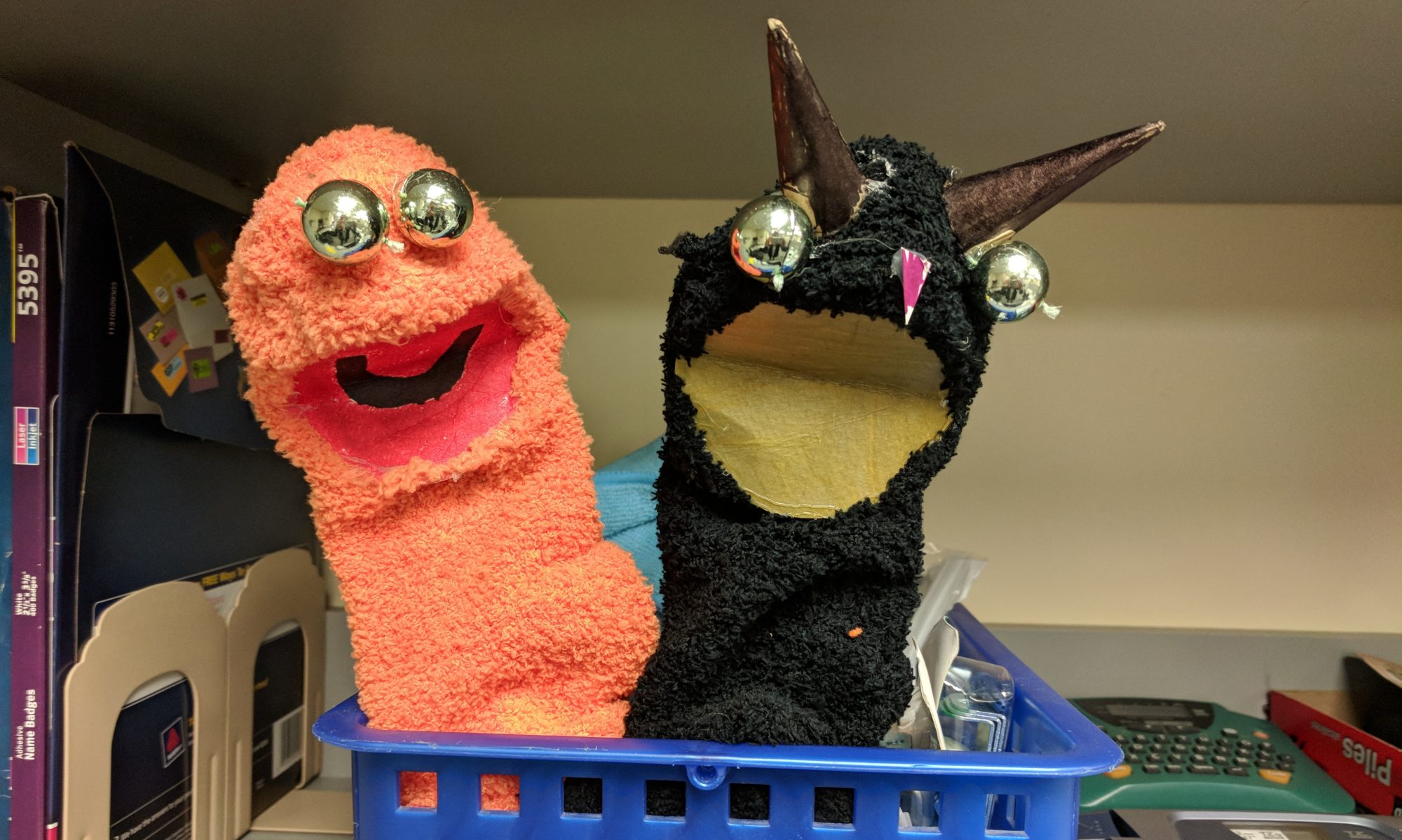The following was an emailed question, which I am posting with the permission of the author.
Hello Ms. Beck,
I found your website looking up a life coaching program, and found your site. I thought it was a great site and a neat coincidence because I’m also doing some web work, and recently did process art few weeks ago with Pamela Hoschstetter as part of my Masters Program for Conscious Evolution. It was my first experience with process art, and really, I had never painted before. Looking at your thesis helped me think about my own, which is looking at the Self-Aware Movement Practice and Transformation/Conscious Evolution. I’m still working out the actual questions to explore, as it seems to become bigger and broader by the moment. Would you have any thoughts on the matter – what part does physical movement practice, and specifically, movement where we bring our conscious attention to task, play in the transformation of consciousness. What are your experiences?
Thank you! I hope you are having a wonderful weekend,
Alex Iglecia
www.iglecia.com
www.ownyourlifeexperience.com
Hi Alex,
Thank you for taking an interest in my blog.
When I read your question I couldn’t help but think- what would a Dance/Movement therapist would have to say? I am no expert in movement, however, in my opinion bringing conscious attention to a task through movement can lead to the transformation of consciousness especially if the movements and conscious attention are practiced/ repeated over time. I feel that repetition and practice is often the key to transformative experiences that involve using the body and its connection to the mind. Many people find the movements involved with Tai Chi and Yoga to be relaxing and eventually transformative. I also found art making and drawing from life to be transformative too, albeit after I had achieved a certain skill level. In these cases, in order to achieve the transformational experience, one often needs to repeatedly pursue the activity on a daily or weekly basis, where one no longer has to concentrate or think what one is doing, but rather, the movements have become somewhat intuitive.
When people discuss creativity, often times the word flow is used to describe the relaxing, pleasurable feeling people get from creative tasks (which often involve movement of some kind), where somehow one doesn’t seem to experience time in the same way and can be, for example, dancing or painting for hours without noticing. It seems to me that when we are in the state of flow we are able to be in the world and in our bodies without judging or thinking…we are able to just do. Perhaps when we are able to act without having our inner speech cluttering our perception, that allows for a transformational experience to occur? Maybe the intensity of the experience or how quickly a transformation in consciousness is achieved would be changed depending on how often you practice? I’m not sure, and I would need to do more research before being able to answer this question as fully as I would like.
Also, I think its worth discussing the fact that a “transformation of consciousness” is a difficult thing to explain. I seem to use it in a way that is analogous to learning something new about the world that somehow I never noticed before. For me, this can be any number of things. For example, a new way for perceiving a situation, a new way of looking at objects and understanding spacial relationships, the realization that I can tense each muscle in my body separately if I concentrate, or being able to perceive colors and shadows with more acuity. Some of these experiences may be strictly developmental in nature (where as you grow up and your brain develops, you would expect that these new perceptions would develop too), where as others may be achievable with training over time.
I think its important to remember that no matter what you may be doing, you may experience a transformation in consciousness, and you would have never been able to guess in advance what you would have learned. I suppose thats one of the beautiful and mysterious parts of being a human being.
I hope this helps get you on your way to formulating new questions to ask and to be answered. It may be helpful to research topics in perceptual and cognitive psychology, where you may find less subjective ways of approaching this subject.
